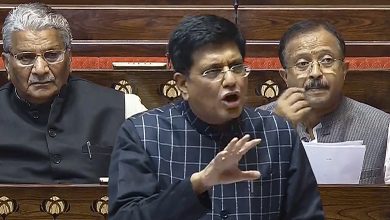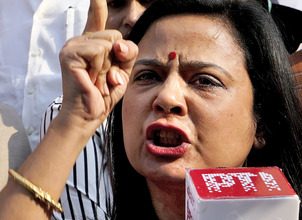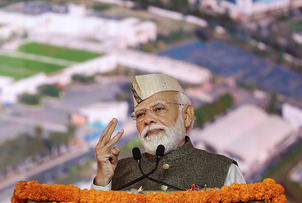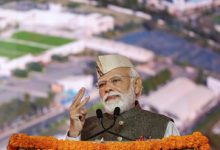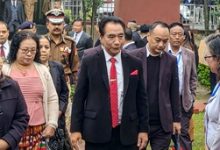SC strongly disapproves Centre’s decision on transferring DRT powers to Lucknow

New Delhi, Sep 15 (PTI): The Supreme Court on Wednesday strongly disapproved the Centre’s decision by which the jurisdiction and power of Debt Recovery Tribunal (DRT) in Jabalpur was transferred to DRT Lucknow in absence of presiding officer there saying “how can people be left in the lurch”.
Observing that this would put the litigants in distress, a bench headed by Chief Justice N V Ramana and Justices D Y Chandrachud and L Nageswara Rao said it is waiting very patiently for the government to take appropriate steps. “You have to make appointments. You tell the government to do it. Everybody is aware of the problem but we are concerned with a solution,” the CJI told Attorney General K K Venugopal who assured that appointments will be made soon.
The apex court was hearing a plea filed by the State Bar Council of Madhya Pradesh challenging a notification issued by the Centre through which the jurisdiction and power of Debt Recovery Tribunal (DRT) in Jabalpur was transferred to DRT Lucknow in absence of presiding officer there.
“Imagine a litigant coming from Jabalpur to Lucknow for the purpose of proceedings. How is the person supposed to do that. Is he supposed to get a new lawyer or take his own lawyer from Jabalpur to Lucknow? Likewise Chhattisgarh! And the Kerala High Court has quashed a similar notification transferring jurisdiction from Kerala to Bangalore! That has now countrywide application. It is not just confined to Kerala.
“The Kerala High Court passed the judgement on March 23, 2021. There is no challenge to it. Six months have gone by. So how can people be left in the lurch? When you go to the High Court, no court interferes under Article 226! They ask the person to follow their remedy under SARFAESI,” the bench said.
The top court said that a similar situation was prevailing in the states of Telangana and Andhra Pradesh, as there are no DRT Benches in Hyderabad or Visakhapatnam.
The bench adjourned the matter for two weeks after the Attorney General assured the bench that the Centre would make appointments in two weeks to the tribunals from the list of persons recommended by the search and selection committee.



